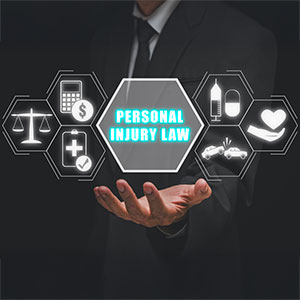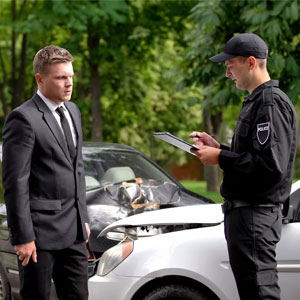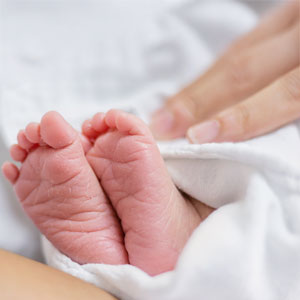Who Pays The Medical Bills After A Car Accident In Florida?
How Do I Get My Medical Expenses Paid After An Accident?
Florida is a no-fault state. This means that regardless of whether the car accident was your fault or was someone else’s fault, your own insurance policy will pay no-fault benefits (also known as Personal Injury Protection or PIP benefits in Florida). After your no-fault benefits (and any medical payments coverage on YOUR policy) have exhausted, then your private health insurance, Medicare, or Medicaid plan will take over if you have those benefits available to you.
Lump Sum Liability Settlements
It is important to know that the other person’s insurance company does not directly pay your medical bills. Instead, they will make a settlement at the END OF YOUR CASE and it is your responsibility to take care of your medical bills. This applies to both liability insurance and uninsured/underinsured (UM or UIM) coverage.
We Can Tell You What You Owe
This is where a personal injury attorney can help you with your case. We help ensure that you do not overpay for your medical bills after a car accident wherever possible. When no-fault benefits are available, your medical providers typically have 35 days after the date of service to bill PIP. Otherwise, the bill is not collectible. After your no-fault benefits have been used up, your health insurance, Medicare, or medicaid may kick in.
A Personal Injury Attorney Can Help Settle Your Medical Bills
Secondly, we help make sure that you are not overcharged for your medical bills after a car accident. Balance billing and not taking the required write-offs for insurance (“fee schedule” pursuant to section 627.736, Fla. Stat. or “contract rate”). Just because you received bill for medical services does not mean that it is correct and legally collectible.
Medicare and Medicaid also have statutory formulas that they follow when responding to a request to waive or reduce a lien for medical bills. We can help you settle your medical bills appropriately considering what should be rightfully charged under the law and also considering the legal outcome of the case.
What Bills Am I Required To Pay?
Getting a personal injury case settled is no easy task. Before you reach a final negotiated figure with your medical providers, you have likely already settled your case. When you settle your case, a portion of it is intended to pay your medical bills. Your case likely only settled long after your medical bills came due. A personal injury attorney can help you pay only what you should under the circumstances.
Certain medical and statutory liens must come out of a settlement first. Thereafter, any medical providers who have been promised payment from the settlement get paid from what is left. The client is urged to pay all legal debts arising from the settlement before a net amount to the client is reached.
An attorney can help you determine what medical expenses you are actually responsible to pay for and can recommend ways to negotiate or compromise. A little known fact about medical bills is that they are negotiable, even when paid by insurance. As mentioned above, there are statutory formulas for reduction of Medicare and medicaid liens.
Most insurance companies will make voluntary reductions in the amounts that must be repaid to them or will make a reduction pursuant to section 768.76, Fla. Stat. (aka the “collateral source rule” in Florida).
Repayment Horror Stories
With all of that being said, there are some horror stories in personal injury cases. In US Airways v. McCutchen, the injured plaintiff was required to fork over his entire settlement back to his employer’s “health plan.” This occurred because US Airways funded its own health plan with company money and the “fringe benefit” to employees was coverage under the company health plan. What no one talks about is what happens when you actually have a claim. Generally speaking, health insurance has a right of “subrogation” or “reimbursement” from an injured party’s settlement.
However, there is hope. Walmart announced in 2018 after a contentious case that it will no longer seek subrogation rights in Wal-Mart v. Shank in cases involving anyone who has suffered quadriplegia or paraplegia, severe burns, total and permanent physical or mental disability or death.
These are complex cases where your attorney may even need to associate with a sub-niche attorney who specializes in health insurance lien resolution cases.
Call Us For Help
If you have been injured in a car accident in Florida, please contact a Florida personal injury attorney for a free case review. We serve clients with personal injury cases in Polk County including Lakeland, Winter Haven, Bartow, and Haines City, Florida.


